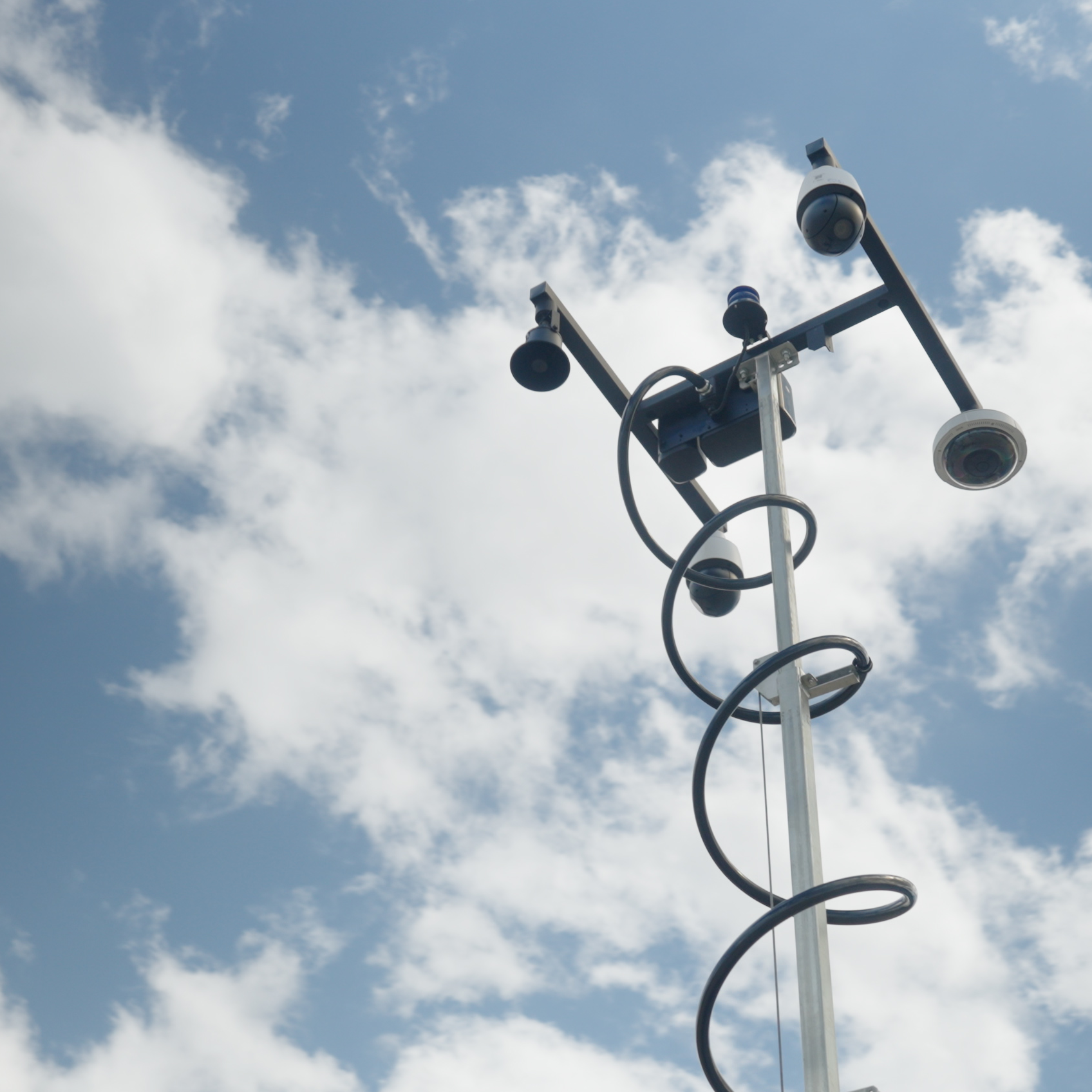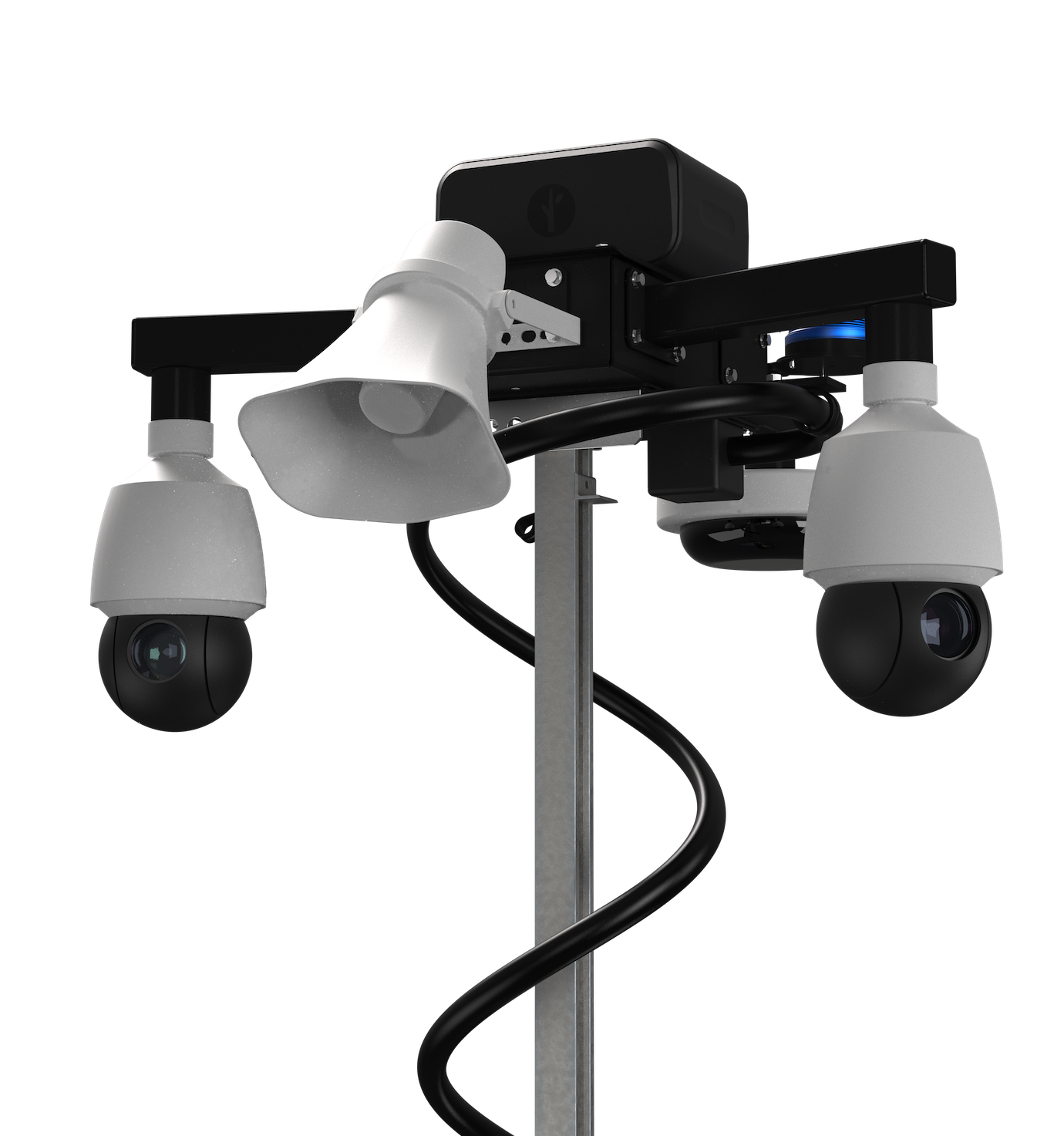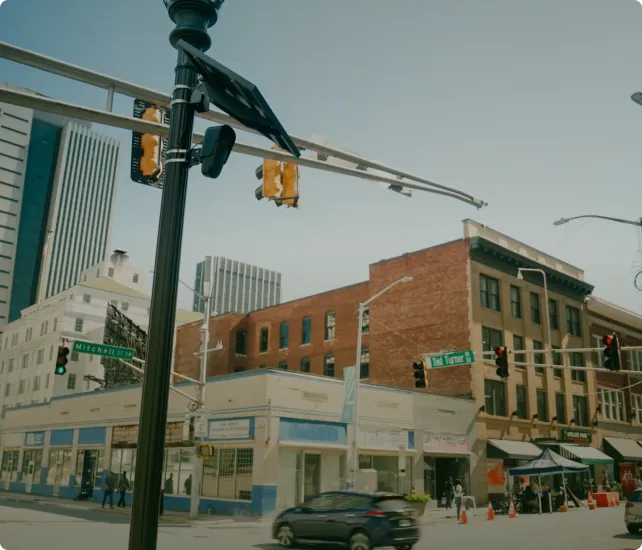


What is Organized Retail Crime (ORC)?
Organized Retail Crime (ORC) is a significant challenge facing businesses and retailers nationwide. ORC involves sophisticated theft operations conducted by groups of individuals working together, often using complex and multi-layered strategies to steal merchandise with the intent to resell.
The scale of ORC operations can vary widely, from small, opportunistic theft rings to large, well-organized networks. However, regardless of size, ORC poses a substantial threat to the retail industry, affecting retailers' bottom lines, endangering the safety of employees and customers, and ultimately increasing costs for consumers.
ORC by the Numbers
According the National Retail Federation’s 2023 Retail Security Survey:
- The average shrink rate among retailers increased from 1.4% to 1.6% year-over-year.
- This 1.6% shrink rate represents a staggering $112.1 billion in losses, up from $93.9 billion in 2021.
- External theft, including ORC, accounts for an average of 36% of total retail losses.
- 88% of retailers report that shoplifters have become more aggressive and violent, indicating a growing safety concern for retail employees and customers.
These statistics underscore the serious impact of ORC on the retail sector, highlighting the need for enhanced security measures and stronger collaboration with law enforcement to combat this pervasive issue.

Partnering with law enforcement to overcome the challenge of ORC
Addressing the widespread issue of organized retail crime requires a multifaceted approach. While deploying advanced technology and security tools is essential, collaborating with local law enforcement is equally crucial. Building a strong partnership with law enforcement can create a mutually beneficial relationship that enhances both crime prevention and community safety.
Local law enforcement agencies possess valuable insights into the broader crime trends within the community, which can be extremely beneficial for your loss prevention (LP) team. Conversely, the intelligence you provide regarding ORC activities and specific challenges facing your store can help law enforcement identify patterns and link cases involving repeat offenders.
Steps you can take to strengthen your relationship with law enforcement
If you're looking to establish a stronger rapport with your local law enforcement agencies, here are several effective strategies:
1. Share Incident Response Plans
Begin by sharing your incident response plans with local law enforcement. These plans should detail key elements such as threat identification, roles and responsibilities, and emergency response protocols. By proactively communicating your procedures, law enforcement will have a clear understanding of the steps your team will take during an incident, enabling them to respond more quickly and effectively.
In addition to sharing your response plans, encourage a continuous feedback loop. Local law enforcement can offer a unique, community-specific perspective, providing a deeper understanding of broader crime patterns and community concerns. This collaboration will ultimately lead to more effective responses and greater overall safety.
2. Establish a Regular Communication Cadence
Once your response plans are in place, determine how best to maintain ongoing communication with law enforcement. This could involve sharing relevant intelligence, incident reports, and updates on security measures or technology being implemented. Whether through formal meetings or regular email updates, maintaining consistent communication will strengthen your relationship and ensure both parties are informed and aligned.
3. Share Technology Where Appropriate
Consider sharing real-time data and technology with local law enforcement when it makes sense. For instance, modern License Plate Recognition (LPR) systems can be configured to alert law enforcement immediately if a flagged vehicle is detected on your premises. This capability allows law enforcement to respond promptly, potentially intercepting threats before they escalate into more significant incidents.
4. Support Local Police Initiatives
Another effective way to build trust is by engaging in community programs and initiatives supported by your local law enforcement agency. Many agencies participate in events like National Night Out, a community-building campaign that fosters police-community partnerships. Participating in such events can strengthen relationships across the community, including with law enforcement agencies.
5. Participate in Ride-Along Programs
One of the best ways to understand your local law enforcement agency's challenges is to experience their day-to-day operations firsthand. Many agencies offer ride-along opportunities, allowing business owners or security team members to accompany patrol officers on their shifts. This experience provides invaluable context and insight into the types of crimes being addressed regularly, fostering a deeper understanding of the local crime landscape and enhancing collaboration.

In the Field: Combating ORC with Technology and Partnerships
With the right combination of technology, strategic approaches, and strong partnerships, it’s possible to reduce the impact of organized retail crime (ORC). For reference, the Forbes article, "5 Law Enforcement Lessons Retailers Can Use To Combat Organized Retail Crime" dives into the specifics of how retailers can strengthen their security initiatives by partnering with law enforcement and implementing their recommendations.
These other examples from across the country also demonstrate successful efforts to tackle ORC:
Illinois | 4 Alleged Members of Transnational Criminal Organization Are Apprehended
After responding to a retail theft incident at the Kohl’s in Gurnee Mills Mall, the Gurnee Police Department worked closely with the store’s loss prevention team to gather critical information about the suspects. Later, the officers received a notification from Flock License Plate Recognition (LPR) cameras indicating that the suspects' vehicle had returned to the mall. This real-time alert allowed officers to intercept the vehicle and make arrests. The individuals apprehended are believed to be members of a transnational criminal organization.
Nebraska | Suspects Accused of Theft and Assault at a Sam’s Club in Missouri Apprehended
In another case, law enforcement officers, equipped with surveillance footage and data from Flock LPR cameras, identified suspects involved in a theft and assault at a Sam’s Club in Missouri. The footage and information revealed that the suspects were heading west toward Kansas City. This timely intelligence enabled officers to locatet and ultimately arrest the suspects.
In Alabama, two suspects—allegedly part of a larger theft ring responsible for an estimated $100,000 in stolen goods—were apprehended. The Gadsden Police Department was able to locate the suspects thanks to alerts from newly installed Flock LPR cameras.
These examples underscore the effectiveness of combining advanced technology like LPR cameras with strong partnerships between retailers and law enforcement. By sharing information and resources, law enforcement agencies and businesses can respond more swiftly and effectively to ORC incidents, improving safety and security for communities across the country.
Explore More





Contact us
Discover how communities across the country are using Flock to reduce crime and build safer neighborhoods.

.webp)









